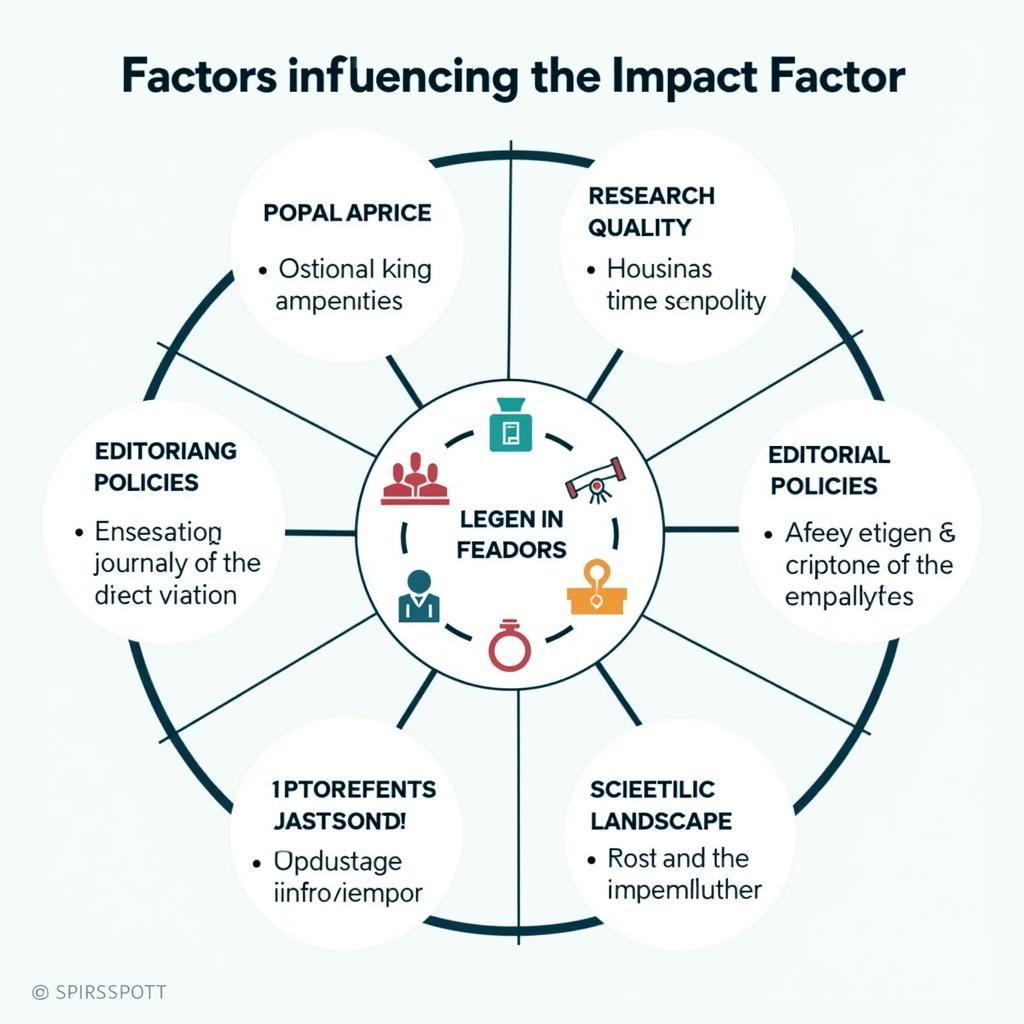African Charter on Human and Peoples’ Rights Ratification
The African Charter on Human and Peoples’ Rights ratification process is a cornerstone of human rights protection across the African continent. This charter, adopted in 1981, outlines fundamental rights and freedoms for all individuals and peoples within the African Union member states. Understanding its ratification process, implications, and challenges is crucial to appreciating its significance in promoting and safeguarding human rights in Africa.
Understanding the African Charter’s Ratification Process
The African Charter on Human and Peoples’ Rights ratification process involves several key steps. First, a state must sign the charter, signifying its intent to be bound by its provisions. This is followed by ratification, a formal legal procedure where the state incorporates the charter into its domestic law. This often involves parliamentary approval and other internal legislative processes. Once ratified, the state is legally obligated to uphold and implement the charter’s principles within its borders. This process demonstrates a nation’s commitment to human rights and its willingness to be held accountable for its actions on the international stage. The charter covers a wide range of rights, including civil, political, economic, social, and cultural rights, as well as the collective rights of peoples, such as the right to self-determination. The ratification of the charter provides a legal framework for promoting and protecting these rights within African states.
The charter establishes institutions like the African Commission on Human and Peoples’ Rights and the African Court on Human Rights to monitor implementation and address violations. These bodies play a vital role in ensuring that states adhere to their obligations and that individuals and groups have avenues for redress when their rights are infringed. The charter’s focus on collective rights, particularly the right to self-determination and development, sets it apart from other international human rights instruments.
Challenges and Opportunities in Implementing the African Charter
While the African Charter on Human and Peoples’ Rights ratification marks significant progress in promoting human rights, challenges remain in its implementation. Some states face capacity limitations in fully implementing the charter’s provisions, including resource constraints and lack of expertise. Political will also plays a crucial role; some governments may be reluctant to fully embrace the charter’s principles if they perceive them as a threat to their authority. Furthermore, widespread poverty, conflict, and other socio-economic factors can hinder the effective realization of human rights.
Despite these challenges, opportunities exist to strengthen the charter’s impact. Increased collaboration between the African Union, regional organizations like the African Commission on Human and Peoples Rights Regional Organizations, and civil society organizations can contribute to more effective implementation. Capacity-building initiatives, including training programs for judges, lawyers, and law enforcement officials, can enhance the knowledge and skills necessary to uphold human rights standards.
The Importance of the African Charter in Protecting Human Rights
The African Charter represents a vital instrument for advancing human rights on the African continent. Its ratification by a significant number of African states signifies a broad commitment to protecting and promoting fundamental freedoms. The charter’s provisions offer a legal framework for addressing human rights violations and promoting a culture of respect for human dignity. Furthermore, the charter serves as a platform for regional cooperation and dialogue on human rights issues, fostering greater understanding and collaboration among African states.
Why is the African Charter important?
The African Charter is important because it provides a legal framework specific to the African context, recognizing the unique challenges and cultural nuances of the continent. It empowers individuals and groups to seek redress for human rights violations and holds states accountable for their actions.
How does the African Charter differ from other human rights instruments?
The African Charter distinguishes itself by its emphasis on collective rights, such as the right to self-determination and development, which are not as prominently featured in other international human rights instruments.
“The African Charter provides a powerful tool for holding states accountable and ensuring that human rights are not just abstract principles, but lived realities for all Africans,” says Dr. Amina Omar, a prominent human rights lawyer based in Nairobi.
“Ratification of the African Charter is not just a legal obligation, but a moral imperative. It reflects a nation’s commitment to upholding the dignity and worth of all its citizens,” adds Professor Kwame Nkrumah, a leading scholar of African law and human rights at the University of Ghana.
Conclusion
The African Charter on Human and Peoples’ Rights ratification is a crucial step towards realizing a future where human rights are respected and protected for all Africans. While challenges persist, the charter provides a strong foundation for continued progress in promoting a culture of human rights across the continent. Continued efforts to strengthen implementation, foster regional cooperation, and empower individuals and communities will be essential to realizing the charter’s full potential and ensuring a brighter future for African countries human rights. Exploring resources related to the African Court of Justice and Human Rights and the African Committee on the Rights and Welfare of the Child can offer further insights into these crucial areas.
FAQ
- What is the African Charter on Human and Peoples’ Rights?
- How does a country ratify the African Charter?
- What are the key rights protected by the African Charter?
- What institutions are responsible for monitoring the implementation of the African Charter?
- What are some of the challenges in implementing the African Charter?
- How can individuals and groups seek redress for human rights violations under the African Charter?
- What is the role of civil society organizations in promoting the African Charter?
For further assistance, please contact us at Phone Number: +255768904061, Email: kaka.mag@gmail.com or visit our office at Mbarali DC Mawindi, Kangaga, Tanzania. Our customer service team is available 24/7. You can also explore related articles on our website for more information on specific human rights issues and regional developments.


